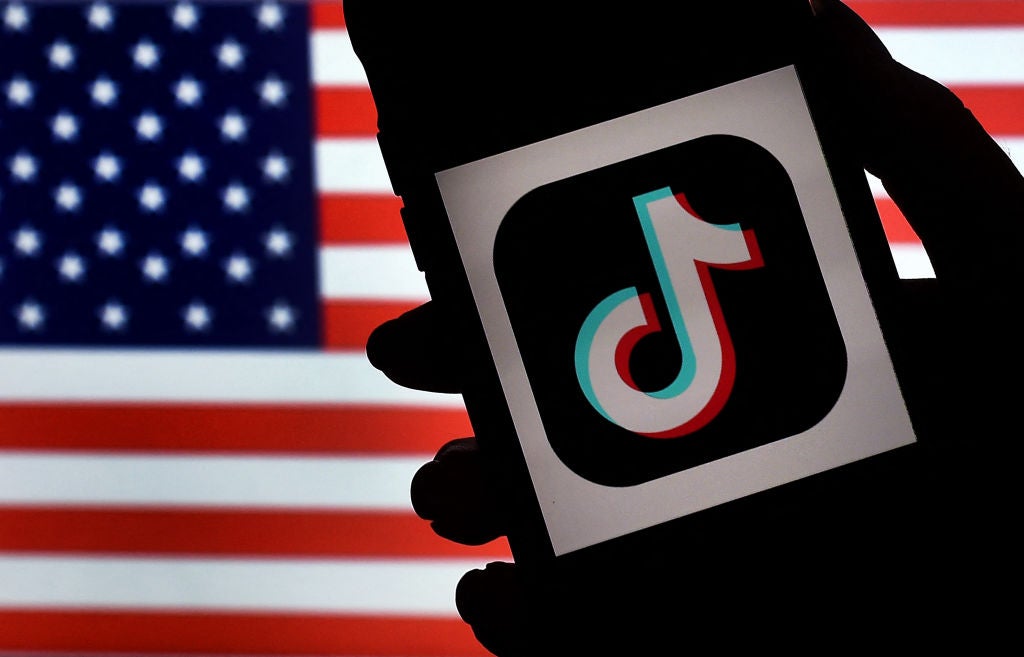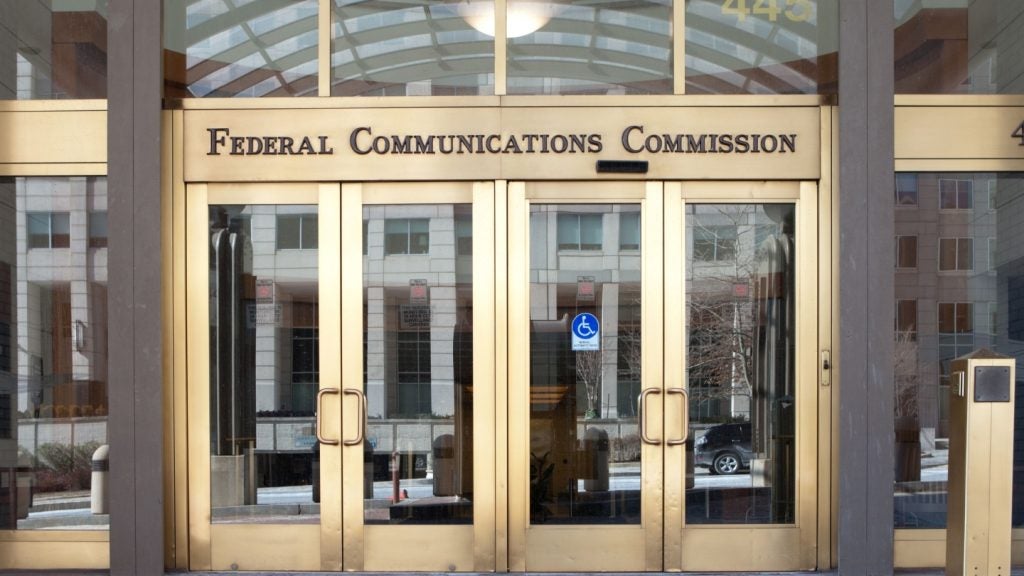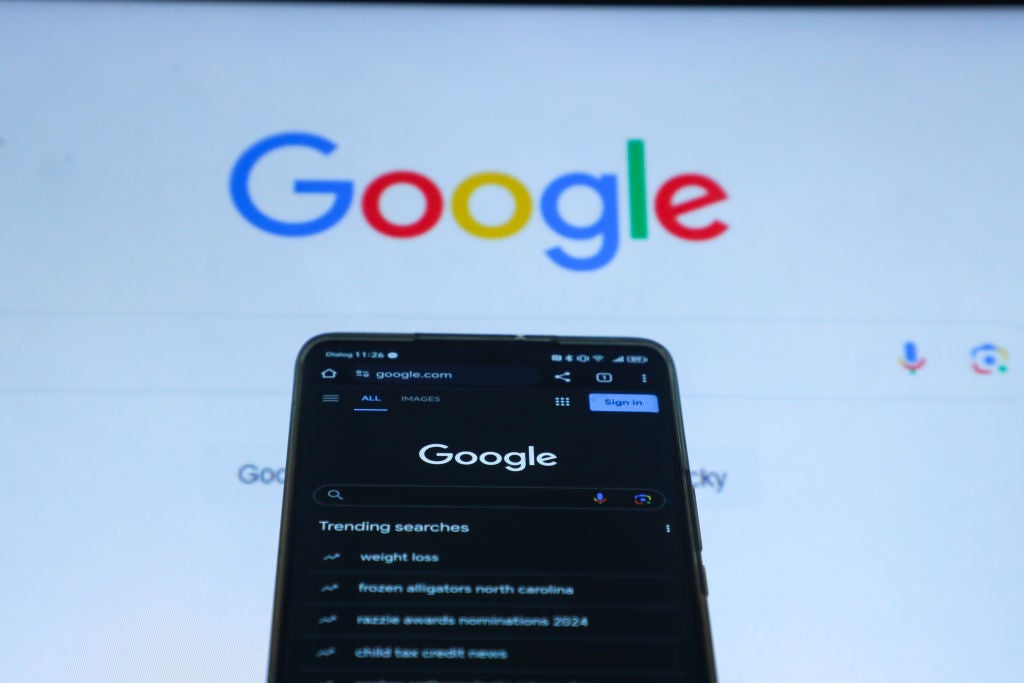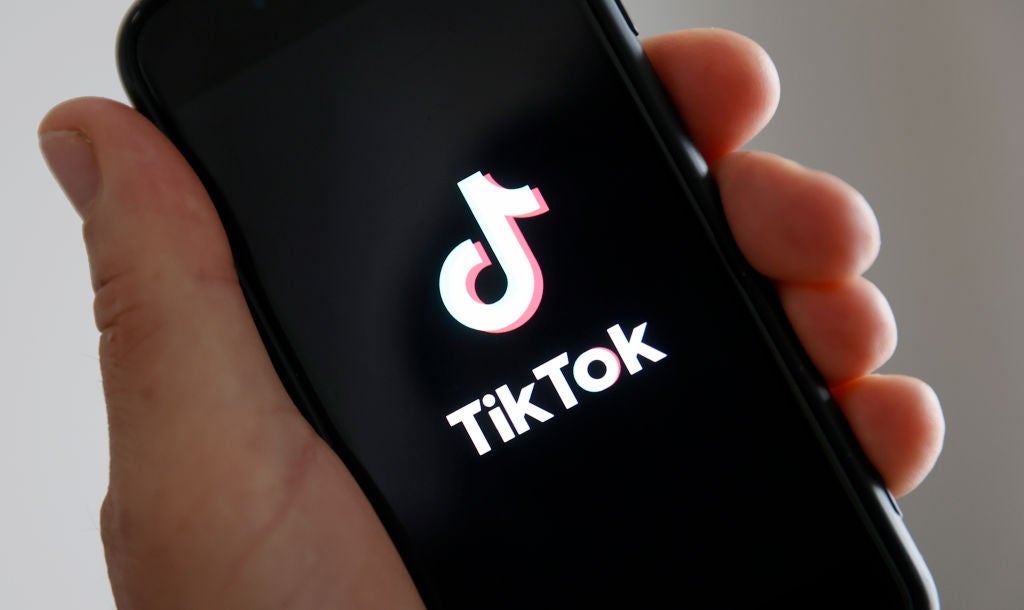
US lawmakers introduced a bill on Tuesday (5 March) to ban TikTok in the US unless China’s ByteDance divests it.
The American Civil Liberties Union (ACLU), one of the largest human rights organisations in the US, has accused the bill as unconstitutional.
“We’re deeply disappointed that our leaders are once again attempting to trade our First Amendment rights for cheap political points during an election year,” said Jenna Leventoff, senior policy counsel at the ACLU.
Lawmakers are expected to vote on the bipartisan proposal on Thursday (7 March).
If the bill were to pass, ByteDance would have around five months to divest TikTok. At the same time, app stores would have to stop supporting the application and all other services tied to ByteDance.
The bill would grant the president new powers to designate apps with over a million active users a security risk, subjecting them to curbs and bans.
How well do you really know your competitors?
Access the most comprehensive Company Profiles on the market, powered by GlobalData. Save hours of research. Gain competitive edge.

Thank you!
Your download email will arrive shortly
Not ready to buy yet? Download a free sample
We are confident about the unique quality of our Company Profiles. However, we want you to make the most beneficial decision for your business, so we offer a free sample that you can download by submitting the below form
By GlobalDataTikTok has also opposed the bill, calling it an “outright ban of TikTok, no matter how much the authors try to disguise it”.
“This legislation will trample the First Amendment rights of 170 million Americans and deprive five million small businesses of a platform they rely on to grow and create jobs,” a spokesperson for TikTok said in a statement.
TikTok has continued to deny claims that it has or will ever share user data with the Chinese government.
In November, a US judge blocked Montana’s first-of-its kind state ban on TikTok. The judge claimed it had violated US users’ rights to free speech.







